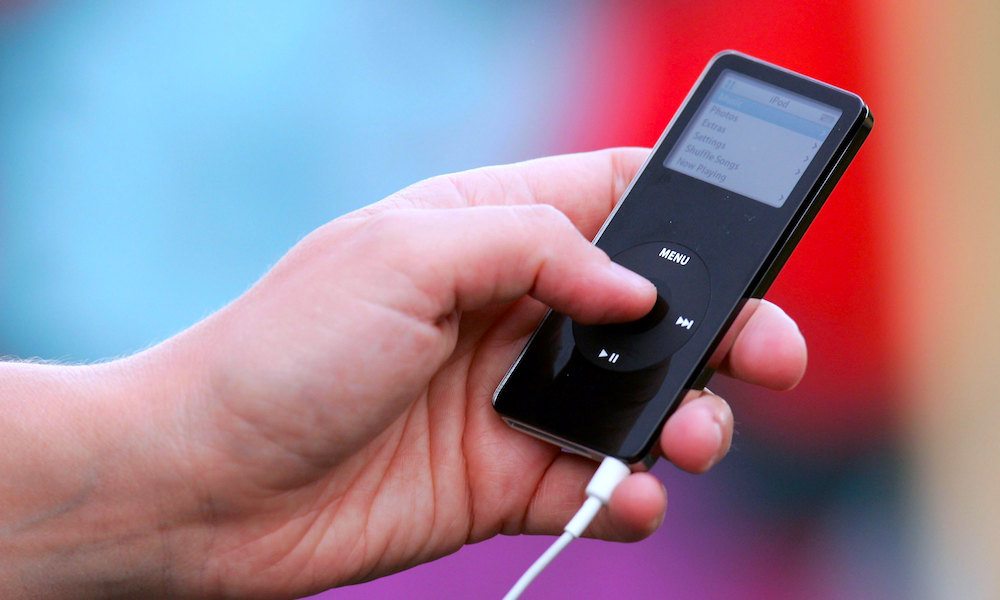R.I.P. mp3: Patent Holders Declare the Audio Format Officially Dead

Image via Scott Barbour/Getty Images
Toggle Dark Mode
Mp3, the decades-old digital audio format that gained widespread popularity over the last 15 years in large part by Apple’s iPod devices, has officially been killed off and will no longer be licensed, according to the format’s majority patent holders at the Germany-based Fraunhofer Institute for Integrated Circuits IIS.
In a brief statement that was published to its website late last month, the Fraunhofer Institute explained how its myriad of patents pertaining to the encoders and decoders of the 25-year-old mp3 format have expired, and that the digital audio standard of old will heretofore be replaced by the much more advanced and higher-quality ‘Advanced Audio Coding’ (AAC) format.
“On April 23, 2017, Technicolor’s mp3 licensing program for certain mp3 related patents and software of Technicolor and Fraunhofer IIS has been terminated,” Fraunhofer’s statement reads, in part, while adding that “We thank all of our licensees for their great support in making mp3 the de facto audio codec in the world, during the past two decades.”
The mp3 code was initially developed in the late 1980s as a collaborative effort between the Fraunhofer Institute in conjunction with previous developments from the University Erlangen-Nuremberg, in Germany. Although more advanced audio codes exist today, mp3 was nevertheless popularized by Apple when it first introduced the iPod back in 2001, which brought the historically lower-quality format to the mainstream and was the primary format of audio tracks available via the iTunes music store. Although there inherently exist a number of more advanced, higher-quality formats, mp3 still remains a popular choice among consumers today.
“Most state-of-the-art media services such as streaming or TV and radio broadcasting use modern ISO-MPEG codecs such as the AAC family, or in the future MPEG-H,” the Fraunhofer Institute said, while adding that “Those [formats] can deliver more features and a higher audio quality at much lower bitrates compared to mp3.”
The expiration of the Fraunhofer Institute’s patents and its subsequent decision to stop licensing the mp3 format is largely a symbolic move, however comparable to how manufacturers oftentimes adopt the next-generation of a technology while still offering intermittent support for the technology that preceded it. For instance, when the CD-ROM drive began infiltrating the PC market in the mid- to late-1990s, floppy disc drives were still considered a popular option for reading software titles among PC users.
In much the same way, while the mp3 format revolutionized the way and efficacy with which users downloaded music files — and while it will likely remain a popular choice for some time to come — more advanced file formats, such as AAC, are already considered the new gold standard by many in the industry.
Of course, mp3 will not cease to exist, as the statement published by Fraunhofer might suggest; but rather due to the expiration of its patents, the firm will merely cease licensing the format to vendors and their audio-centric music platforms such as iTunes.






